In an era when memories can be monetised, most bands – active or otherwise – might hungrily eye the 20th anniversary of their most successful album as an opportunity to mount a special tour to shore up their legacy and top up their Isas. Not so the Prodigy, Liam Howlett’s tetchy but tireless road warriors.
As Britpop shrivelled, their third album, 1997’s The Fat of the Land, took Howlett’s uncouth youthquake of evil techno and hot-wired breakbeats to the world; an astonishingly successful incursion into the US arguably laid the groundwork for the recent EDM explosion. Two decades on, you could forgive these Essex boys a backward-looking victory lap to fatten the brand.
Instead, after yet another year of festival dates across Europe and beyond (judging by their far-flung tour itinerary of the past half-decade, the Prodigy seem to have made it their mission to crack Russia), there is this short UK sprint, culminating in three sold-out nights at Brixton Academy. It may be slap-bang in the middle of panto season but this cacophonous evening of headlong entertainment is not quite Jack and the Glowstick, even if the staging does feel like part of another fine British theatrical tradition: the slightly clapped-out dystopia.
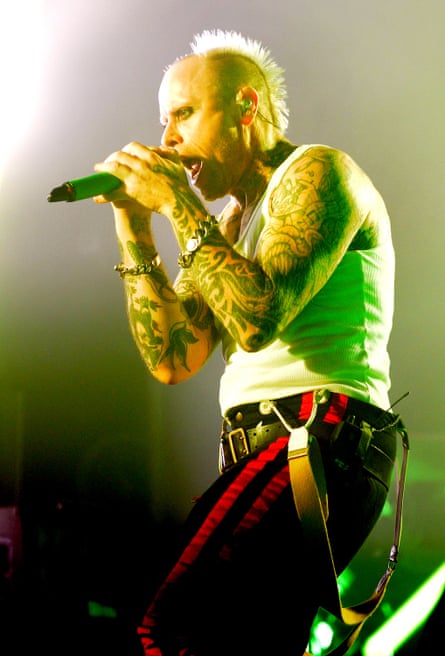
A scrawled backdrop of urban blight and barbed wire is illuminated by spinning red police beacons and gigantic roaming searchlights seemingly half-inched from an internment camp. Once he takes the stage, Howlett is barely visible while manning his command centre of laptops and black boxes while a barbed CCTV pole stands sentry nearby. The overall effect is oppressive, like a set for Children of Men: The Musical.
Staging aside, everything else is much livelier. The default volume level is air-raid siren, and there is a distinct lack of ballads. They kick off with the angular arcade-game squeals and clattering drums of Omen and neither the racket nor energy levels let up for almost two hours of tooth-rattling pandemonium.
The core trio of Howlett, rapper Maxim and aggro jester Keith Flint are now men comfortably into their mid-40s yet they still look as if they could walk straight into a cyberpunk movie. Maxim sports a startling bandit mask seemingly applied using bright spray paint. Flint, his distinctive devil-horn hair still gelled in salute 21 years on from Firestarter, rocks a John McClane vest and hanging braces. Both prowl the stage rolling their shoulders with practised caged-panther menace. On the queasy funhouse blast of Nasty they energetically trade lines and goad each other with grins.
While Prodigy records deliver reliably impressive frontloaded sales – if you include a 2005 greatest hits, they have notched up six UK No 1 albums in a row – they have always been live specialists. Older hits are tossed into the setlist like grenades. The toytown techno of Everybody in the Place ignites a rabid wave of raving; a relatively early outing for Firestarter shakes the Academy’s balcony.
Newer songs are battered and bolted into more angular shapes to better fit the whole. On record, the title track from their 2015 album The Day Is My Enemy is a domino line of tribal drums with a keening Martina Topley-Bird vocal soaring on top. Live, it is now armour-plated with heavy rock riffs. Maxim leaps up on the drum riser. “This shit’s fucking easy,” he yells, with somehow charming braggadocio: “It’s what I do.”
Is there any political message within the delirium, apart from the repeated underlining of one’s right to party? The Prodigy’s origin story will always be associated with the rave-inhibiting Criminal Justice Act and the aggression baked into their music has often felt like protest: hedonistic with a hint of malevolence. In full clattering flow on Get Your Fight On, they vibrate with such combustibility that it feels like two fingers to any kind of regulation. Even after more than 25 years, this is a band you would kettle at your own risk.
Before a thrilling final salvo, there is an effort to squeeze in some new material. Need Some 1 slows the BPM but still shuffles with an impressive swagger. Howlett has announced that their seventh album will be released next year, but even if that turns out to be the case – and previously heralded Prodigy records have been entirely scrapped or scuttled – it feels as if perhaps the best way to sample it will be at a dance festival once the highlights have been fully grafted into their live repertoire. That is perhaps the fate of a road band, but it’s remarkable that the Prodigy can still generate and expertly channel this much energy.
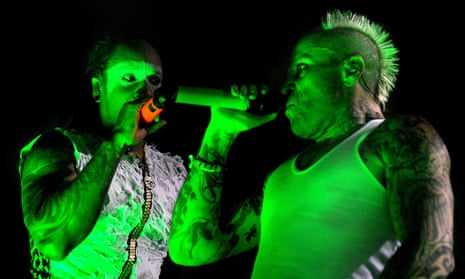
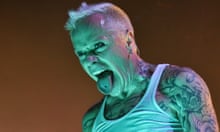
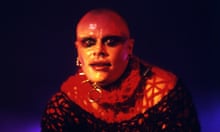
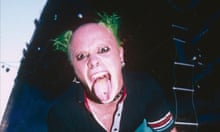





Comments (…)
Sign in or create your Guardian account to join the discussion